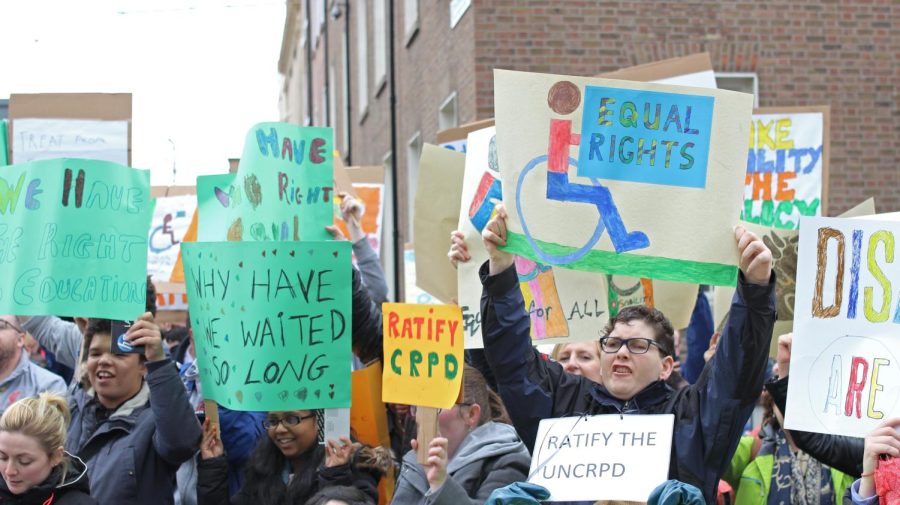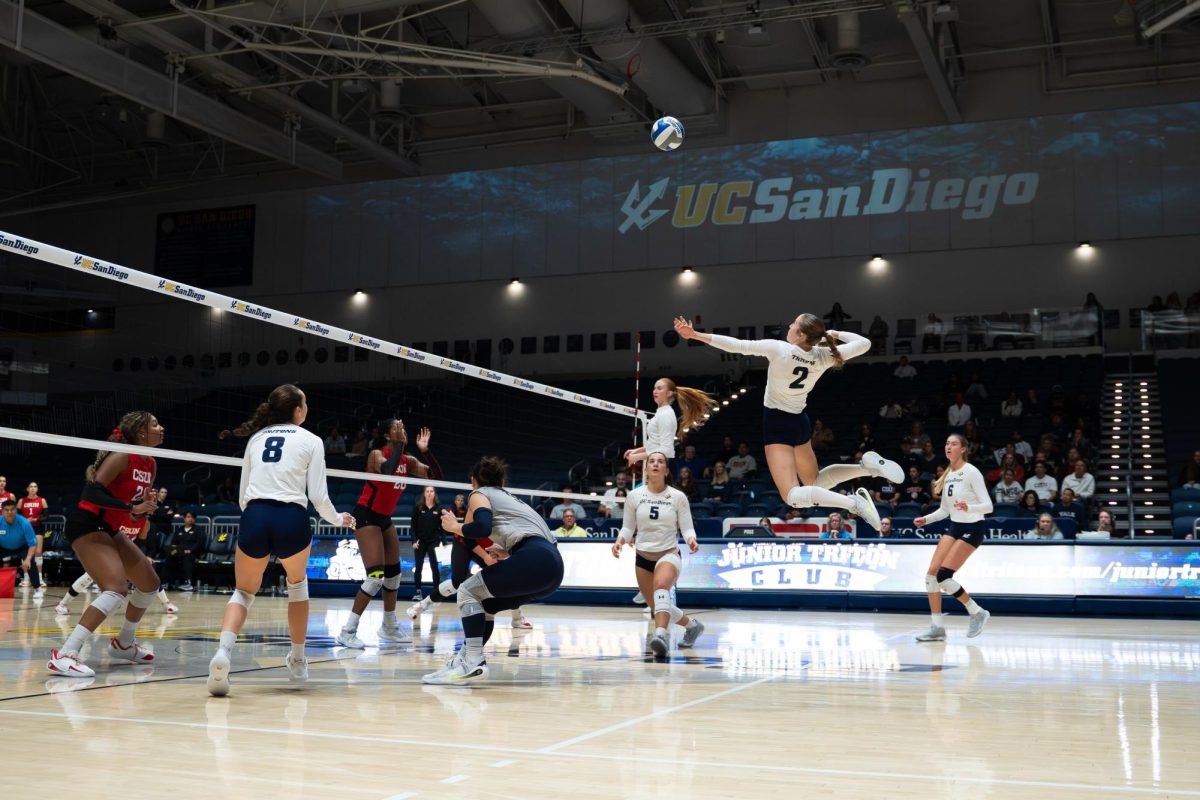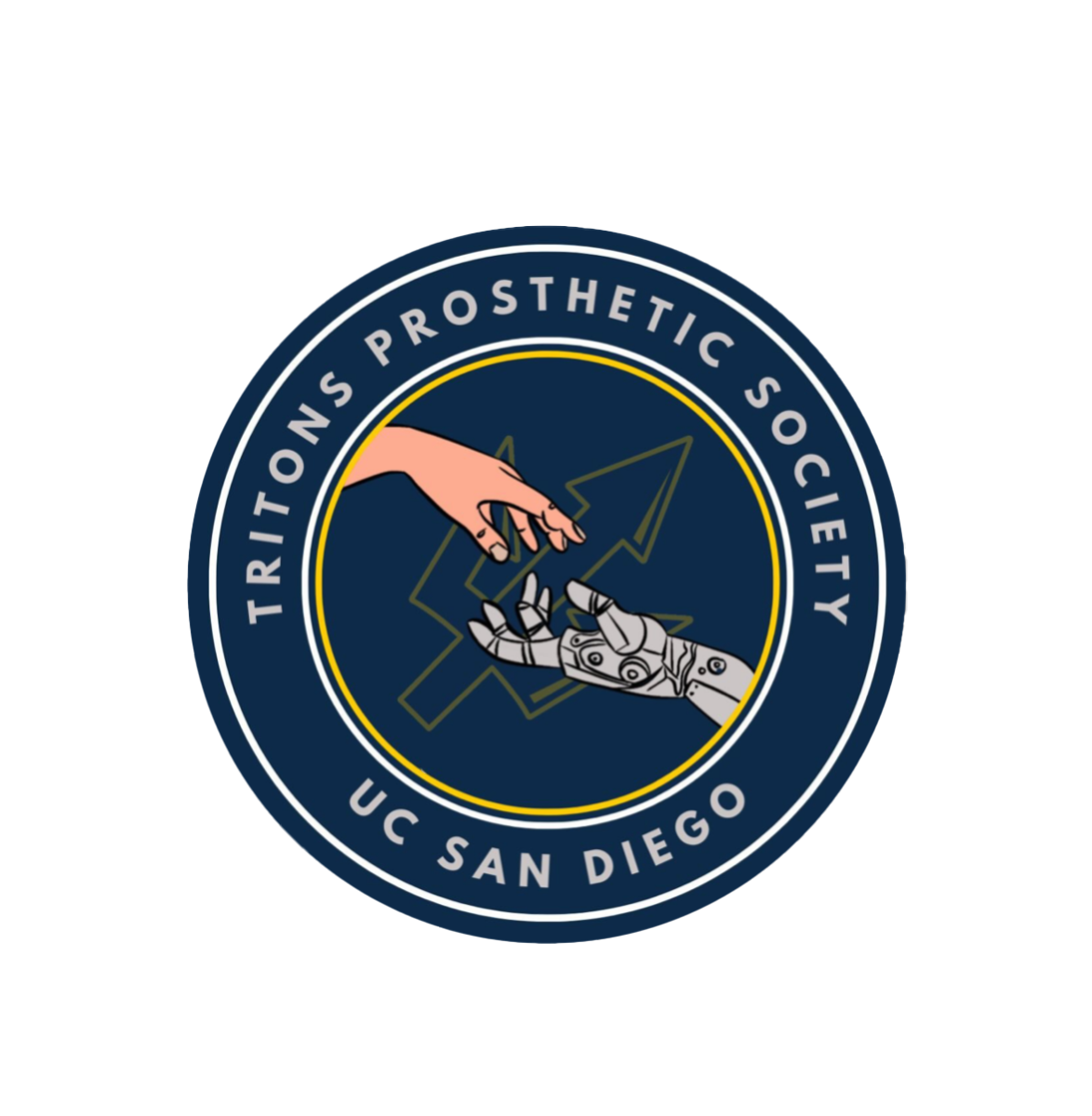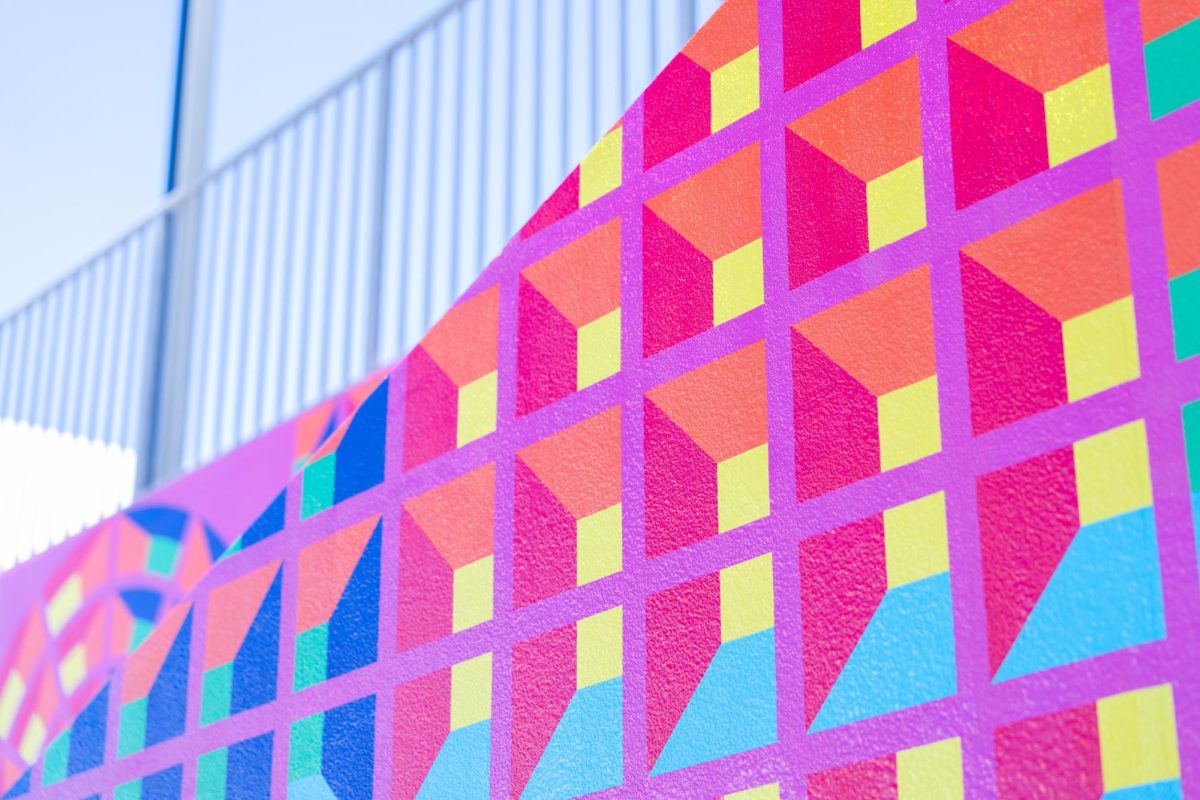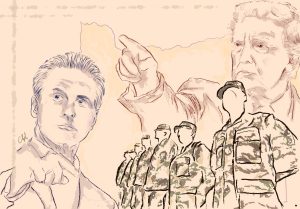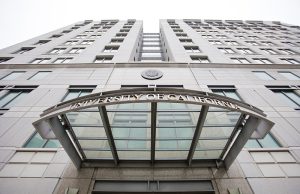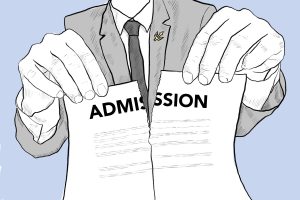A Forgotten Population in a Time of Social Advocacy: Disabled Students
May 2, 2023
What does it mean to be a disabled student at the University of California? It means you are put at a disadvantage due to systematic shortcomings, and the extremely prominent inequity here at UC San Diego. By supporting the UC Student Association’s 2023-24 A Campaign for Quality in Resources and Education campaign for Disability Justice, the UC system, and more specifically UCSD, has a unique opportunity to make our campus an accessible learning environment for all students, and to counteract the deterioration of resources available to students with disabilities. The campaign is fighting for additional continuous funding in the millions from the state to hire more disability specialists and other auxiliary staff to support disabled students.
We have heard our teachers, friends, and colleagues complain of long wait times to meet with disability specialists which can take up to a month due to caseloads above 300 per specialist. Disability specialists must work an additional two to three hours on average to keep up with demand, and since 2021, the office has lost three disability specialists. The cherry on top? Regardless of all that extra work, UCSD disability specialists are paid $59,925 a year on average, while the average salary in La Jolla is $78,000.
The unfair workload, high cost of living in La Jolla compared to UCSD’s below competitive wages, and burnout cause specialists to leave the office within a three-year work period on average, slowing the office’s capabilities. The Office for Students with Disabilities currently employs only six disability specialists, creating a ratio of students to disability specialists far greater than the ideal amount of 1:250. In the meantime, there is data to show that the percentage of UC students who received accommodations, such as to help a physical condition or a mental health concern, has increased between 2017 and 2020, and it is reasonably assumed that this number has continued to increase.
In meeting with OSD, they expressed they needed at least five more specialists to compensate for the workload, but there is not enough funding to hire more disability specialists. The bottom line is that financial resources allocated to support students with disabilities has not grown with the number of students receiving accommodations.
It is clear that this severe lack of resources and funding had detrimentally impacted students on our campus and across the UC system. According to the UC Campus Climate Project, 28% of undergraduate students with disabilities have seriously considered leaving the University of California, compared to only 17% of undergraduate students without disabilities. UC Office of the President Data also shows that 85% of UC students without disabilities or conditions agree with the statement, “I have the space and resources needed to succeed academically,” compared to only 67% of students with disabilities.
Students feel isolated, alone, and misunderstood. One UCSD student shared their experience with OSD. “UCSD’s OSD was helpful for me in navigating alternative documentation because Kaiser was giving me the runaround on filling out OSD’s forms. By submitting my medical records instead of OSD forms, I never had to renew my paperwork. While interviewing other students for a class project, I learned that nearly all of them are required to re-submit the paperwork every quarter or they don’t get accommodations. This is an excessive burden especially for those with ADHD and other disabilities that similarly negatively impact executive functions, the cognitive processes that allow people to get things done. For this and other reasons, many of my friends and interviewees have decided that the burden of acquiring and maintaining accommodations is greater than the burden of getting a degree without them.”
Another UCSD student also expressed their struggles dealing with ableism, stating, “Navigating ableism at UCSD is hard to say the least. It’s tiring, and for many students, I know it’s extra tiring when ableist things aren’t immediately recognizable as ableist. For example, navigating classes. The lack of podcasting, not sending out slides or lecture notes before class, giving students no grace period on deadlines, etc., are all things I’ve had to learn to navigate, and if I’m being honest, navigating those things isn’t always a success. Most of the time, I struggle trying to balance the things in my life and wonder why I struggle so much compared to my peers. It’s hard to know if I’m really struggling because of my disability or because I’m not good enough, and not having accessible or helpful resources at this campus hurts.” Other student concerns include the lack of accountability for OSD staff members, as well as the lack of awareness and solutions provided for less familiar impairment such as light (housing accommodations) or taste/texture sensitivities (dining accommodations).
In addition, staff members struggle with the workload and ability to provide any additional services outside of direct consultation. At UCSD, there is no central hub, such as a resource center, for students with disabilities to unite and congregate, and there is also no educational training program pertaining to the disability experience to help students, faculty, and staff understand the daily lives of students with disabilities, as well as address harmful stereotypes and behaviors. While advocating for a disability resource center, one UCSD student stated, “The spaces can also act as lighthouses for external disability justice advocates such as nonprofits, government agencies, and individual organizers, giving an invitation as well as a physical space to facilitate discussions to interact with their respective communities.” This student has found from their experiences with the California Department of Rehabilitation that there is a substantial population of disabled students who are not benefiting from the resources that these organizations offer, and that a UCSD Disability Resource Center can act as the bridge between said organizations and students who would otherwise not be aware of their services.
As one of our student interviewees points out, there are many ways to address these issues — disability resource centers, increased staffing and pay for disability specialists, dedicated amenities for disabled students like testing centers or housing — and an important part of all this is institutionalization. Disabled students are students and should be treated with the same level of opportunity as others, and university-wide policies and institutional change should be built with people with disabilities in mind. ACQUIRE’s campaign does not ask for outrageous requests – these are crucial changes that must be made in order to ensure that every student has an equitable and enjoyable experience at UCSD.
Image courtesy of Openverse.


